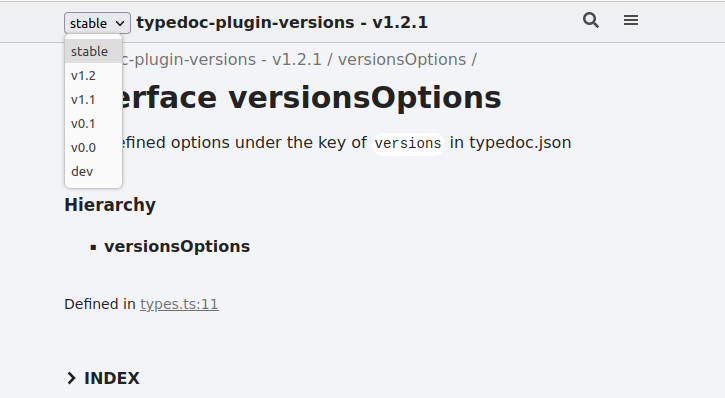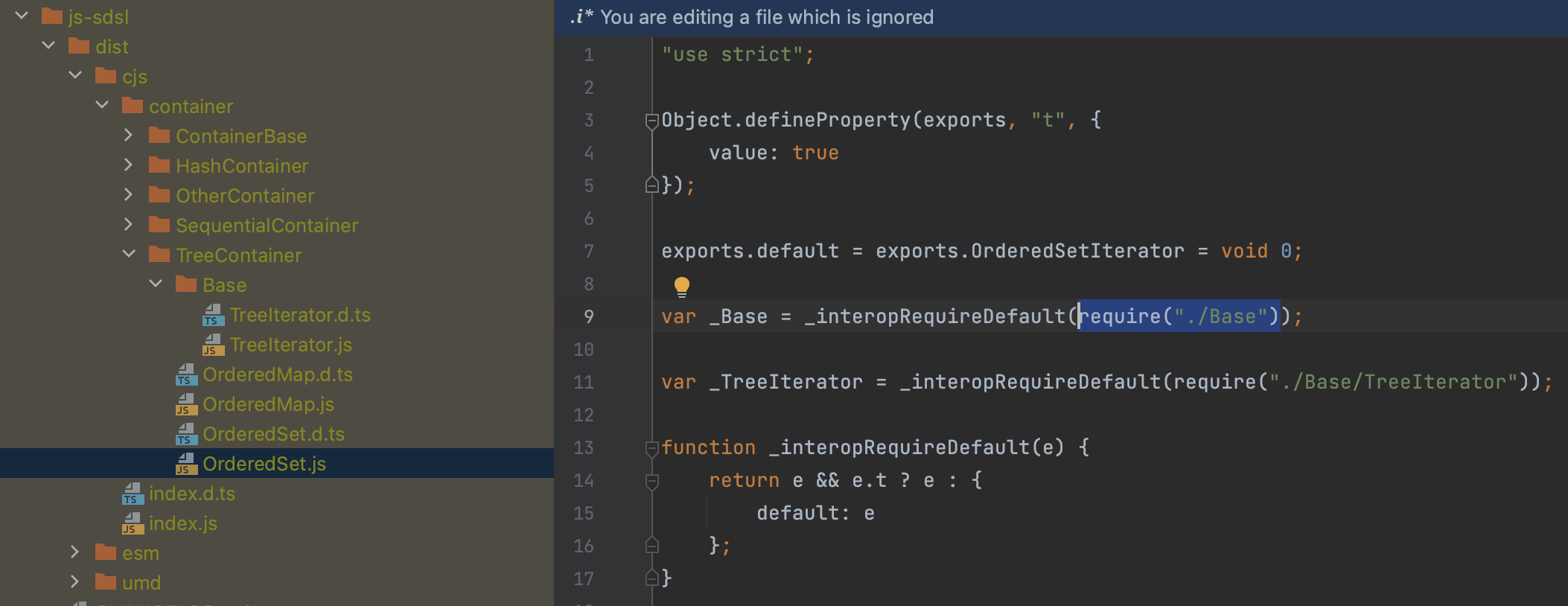English | 简体中文
- Stack - first in last out stack.
- Queue - first in first out queue.
- PriorityQueue - heap-implemented priority queue.
- Vector - protected array, cannot to operate properties like
lengthdirectly. - LinkList - linked list of non-contiguous memory addresses.
- Deque - double-ended-queue, O(1) time complexity to
unshiftor getting elements by index. - OrderedSet - sorted set which implemented by red black tree.
- OrderedMap - sorted map which implemented by red black tree.
- HashSet - refer to the polyfill of ES6 Set.
- HashMap - refer to the polyfill of ES6 Map.
We are benchmarking against other popular data structure libraries. In some ways we're better than the best library. See benchmark.
 IE / Edge |
 Firefox |
 Chrome |
 Safari |
 Opera |
 NodeJs |
|---|---|---|---|---|---|
| Edge 12 | 36 | 49 | 10 | 36 | 10 |
Download directly by cdn:
- js-sdsl.js (for development)
- js-sdsl.min.js (for production)
Or install js-sdsl using npm:
npm install js-sdslOr you can download the isolation packages containing only the containers you want:
You can visit our official website to get more information.
To help you have a better use, we also provide this API document.
For previous versions of the documentation, please visit:
https://js-sdsl.org/js-sdsl/previous/v${version}/index.html
E.g.
https://js-sdsl.org/js-sdsl/previous/v4.1.5/index.html
<script src="https://unpkg.com/js-sdsl/dist/umd/js-sdsl.min.js"></script>
<script>
const {
Vector,
Stack,
Queue,
LinkList,
Deque,
PriorityQueue,
OrderedSet,
OrderedMap,
HashSet,
HashMap
} = sdsl;
const myOrderedMap = new OrderedMap();
myOrderedMap.setElement(1, 2);
console.log(myOrderedMap.getElementByKey(1)); // 2
</script>// esModule
import { OrderedMap } from 'js-sdsl';
// commonJs
const { OrderedMap } = require('js-sdsl');
const myOrderedMap = new OrderedMap();
myOrderedMap.setElement(1, 2);
console.log(myOrderedMap.getElementByKey(1)); // 2We use karma and mocha frame to do unit tests and synchronize to coveralls. You can run yarn test:unit command to reproduce it.
We tested most of the functions for efficiency. You can go to gh-pages/performance.md to see our running results or reproduce it with yarn test:performance command.
You can also visit here to get the result.
Use Gitpod, a free online dev environment for GitHub.
Or clone locally:
$ git clone https://github.com/js-sdsl/js-sdsl.git
$ cd js-sdsl
$ npm install
$ npm run dev # development modeThen you can see the output in dist/cjs folder.
Feel free to dive in! Open an issue or submit PRs. It may be helpful to read the Contributor Guide.
Thanks goes to these wonderful people:
Takatoshi Kondo 💻 |
noname 💻 |
This project follows the all-contributors specification. Contributions of any kind welcome!
The special thanks to these sponsors or backers because they provided support at a very early stage:
Thanks also give to these sponsors or backers:































